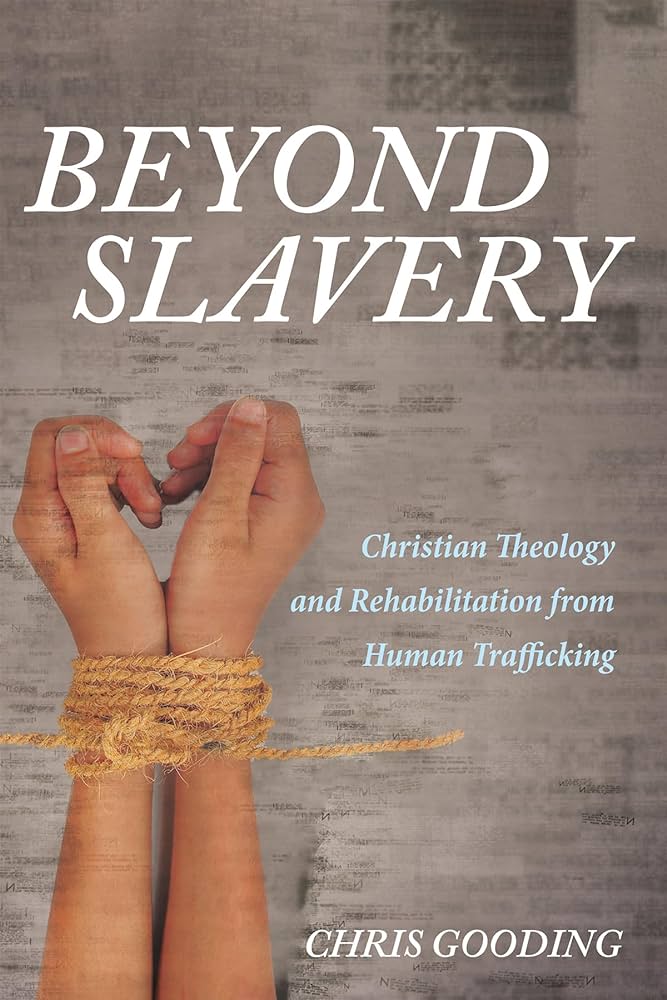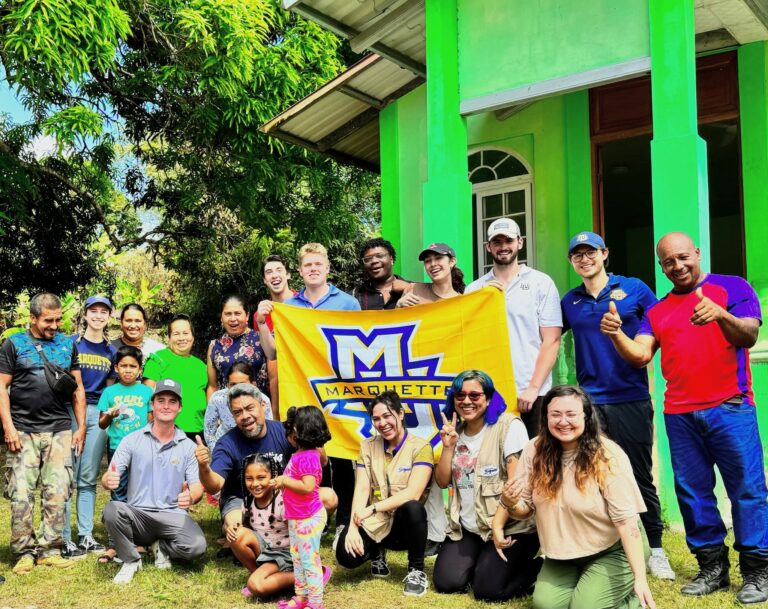
Is there life beyond slavery? In the past 20 years, there has been an explosion of research related to human trafficking. However, very little of it has examined the moral issues that survivors face after they are freed, or that aftercare workers face as they help survivors try to live a life outside of bondage. And there has been almost nothing written on how the tools of moral and political theology might offer insight for Christians who wish to help survivors live a normal life after enslavement. This book hopes to address this gap in the discussion. Drawing on over 50 interviews with survivors, aftercare workers and human trafficking specialists from his field work in India, Chris Gooding confronts difficult questions that arise during rehabilitation. Why do so many survivors of trafficking end up walking back into bondage? What might life after slavery look like for survivors who helped enslave other people? How can we build antislavery coalitions that keep survivors’ voices at the center?
Learn more or purchase this book on Cascade Books
Gooding answered some questions about his new book, including where the idea came from, what he hopes the book can accomplish and his favorite part of the writing process.
How would you describe the book in one sentence?
It is a theological analysis of the moral dilemmas that survivors of human trafficking (and the professionals who work with them) face as they try to build a new life after enslavement.
Is this your first book? What is your publishing history?
Yes. I’ve also been a contributor to the “Routledge Companion to Christian Ethics,” but this is my first full book.
Where did the idea for this book come from?
I used to work for an anti-trafficking firm (academia is a second career for me). While working there, I noticed that very little of the literature on human trafficking dealt with the sorts of issues we experienced when we tried to help survivors rehabilitate. What was especially troubling was the fact that many survivors who received an intervention that liberated them from enslavement would just end up back in the same situation a few years later. And very few people who wrote on human trafficking were exploring why that was the case, let alone from my discipline (theology and ethics).
What do you hope to accomplish with this book?
There are a few things that I hoped to do by publishing the book. First, I just want to get a conversation going about the issues that survivors face when rehabilitating. The professionals I interviewed for the project talk among themselves about these issues, but they aren’t well known by members of the general public, or even people who support anti-trafficking organizations. Second, I wanted to lift up some rather innovative solutions that survivors and aftercare workers have come up with to deal with some of these issues, in the hopes that other populations that work with survivors might learn about them. Third, I wanted to recontextualize the issue of human trafficking: some U.S. activism on human trafficking has historically come to the issue with some rather problematic assumptions. A lot of anti-trafficking movements in the U.S. have yet to grapple with the problems in the criminal legal system that have come into the public discussion in the past decade. That is a problem, especially since a lot of anti-trafficking movements are addressing human trafficking predominantly as a law enforcement issue.
How does this book advance or complement your research and/or teaching?
Rehabilitation from modern slavery sits at the crossroads of a few different issues I work on as a theologian and ethicist: labor, theology and economics, restorative justice, grassroots organizing, nonviolent direct action, and political theology. I hadn’t really seen anyone take on the issue using insights from those disciplines. Understanding what liberation from slavery (and other forms of captivity) looks like is also really important for Christian theology. Many of the metaphors for salvation used in Christianity involve liberation from enslavement. “Redemption” is the primary one. Redemption originally described a concrete social practice. If you lived in the ancient world, and one of your relatives was enslaved, and you wished to free that relative, you would pool together resources and then go buy that person back from the person who enslaved them. That’s what “redemption” means: buying back someone from enslavement.
What was your favorite part of the writing/editing process?
My interviews. I did field interviews for the project, and I got to speak with roughly 10 survivors of sex trafficking, 10 survivors of labor trafficking and 30 professionals who work with both groups.
If you have recently published a book, or if you have one coming out, we would like to feature your publication in an upcoming Marquette Bookshelf feature. More information on the submission process is available online.
Book Details
- Publisher: Cascade Books (June 5, 2023)
- Language: English
- Hardcover: 286 pages
- ISBN-10: 1666791946
- ISBN-13: 978-1666791945



